Increasing Relations between the Republic of Azerbaijan and NATO; Moving Beyond the Level of Symbolic Cooperation
Abbas Azizi, in an interview with the website of the Strategic Council on Foreign Relations, stated: “Recent developments in Baku and Ilham Aliyev’s meeting with representatives from fifteen NATO member countries should be considered more than a symbolic and diplomatic event; because this occurrence marks the beginning of a new stage in the military and security connection of the Republic of Azerbaijan with the Western structure of NATO.” He noted: “The Republic of Azerbaijan started educational and defense cooperation with NATO within the framework of the Partnership for Peace program since 1994, but today, this cooperation has been elevated from the educational level to the operational level; a level that includes army modernization, standardization of defense equipment, and establishing direct links with NATO’s intelligence structure.”
The Caucasus issues analyst added: “At a time when the Ukraine war has reached a war of attrition stage, NATO is seeking new fronts to exert pressure on Russia, and the South Caucasus, especially the Republic of Azerbaijan, is considered the best ground for this purpose. This cooperation practically means opening a path for NATO’s influence from Russia’s southern flank, a place where the West previously had little influence.”
He explained: “From NATO’s perspective, the Republic of Azerbaijan plays a strategic role not only due to its geographical location but also because of its access to energy and vital oil and gas transit routes. Consequently, cooperation with Baku signifies indirect access to the Caspian Sea and control over a ring of security chains around Russia for NATO.” He emphasized: “It must be noted that Aliyev’s recent meeting with NATO members was not aimed at normalizing relations; rather, this meeting, with the presence of representatives from countries including the United States, Turkey, France, and Eastern European countries, was in fact a display of geopolitical convergence between Baku and NATO, which pursues both military and energy-centric goals simultaneously.”
From the “Trump Route” to the “NATO Corridor”: The South Caucasus on the Verge of a Shift in Balance
Azizi, in another part of the interview, stated: “The agreement signed in August in Washington between Nikol Pashinyan, the Prime Minister of Armenia, and Ilham Aliyev, the President of the Republic of Azerbaijan, in the presence of Donald Trump, is not merely an economic memorandum of understanding; but in fact, it is part of the West’s grand strategy for geographical and military connection between Turkey and the Republic of Azerbaijan through the route of Armenia.” He added: “This agreement, which has been called the ‘Trump Route’ by Western media, is now on the path to becoming what is declared as the ‘NATO Corridor’. With the activation of this route, a land passage will effectively be established between NATO’s defense structure in Turkey and the northern borders of the Caucasus.”
This analyst stated: “Such a development has extensive geopolitical consequences for the region. NATO’s military and logistical presence in the South Caucasus means opening a new front against Russia. While the Russians are heavily engaged in the Ukrainian theater, NATO, by focusing on the Caucasus, is seeking to threaten Russia’s southern borders directly.” He noted: “From a strategic perspective, the South Caucasus is considered Russia’s last buffer belt against Western influence, and now this belt is breaking. NATO, through the Republic of Azerbaijan and close cooperation with Turkey, is not only paving the way for an indirect military presence in the region but is also seeking to control the flow of Caspian energy and open alternative routes for gas transmission to Europe.”
Azizi explained: “The Republic of Azerbaijan, leveraging Western political and military support, is seeking to solidify its position as the dominant actor in the South Caucasus. This country now considers itself a front-line ally of NATO and strives, relying on Western investments in the energy and defense sectors, to become a new center of gravity in the equations of the Caucasus region.” He emphasized: “If this trend continues without an effective regional reaction, the traditional security structure in the South Caucasus will be transformed, and NATO will succeed in establishing a base of geopolitical influence in Russia’s rear without directly deploying its own forces; an event that places Moscow in a new strategic predicament.”
The Caucasus on the Verge of Geopolitical Transition; A Warning for Russia
The Caucasus affairs expert further stated: “Existing signs indicate that NATO intends to use the South Caucasus to expand its indirect influence. Instead of overt military deployment, this organization utilizes soft tools such as military training, defense structure reform, technology transfer, and joint military exercises to expand its influence.”
He explained: “For Russia, this trend is worrying because NATO’s presence in the South Caucasus means the loss of Moscow’s traditional security perimeter in the south. In fact, with this policy, NATO is seeking to gradually encircle Russia from three directions: from the west on the Ukrainian front, from the north in the Baltic region, and now from the south in the Caucasus.”
Azizi noted: “In such a situation, Russia’s focus on the war of attrition in Ukraine has practically led to negligence of its own southern flank. This is the very opportunity that NATO was looking for to establish a stable foothold in the Caucasus at a time when Russia’s attention is focused on the eastern front in Ukraine.”
The Caucasus domain expert explained: “It seems that the West, by leveraging military and economic pressure on Russia and simultaneously providing indirect support to Baku, is creating a new zone of influence adjacent to Russia’s borders. This trend could have serious consequences for the future security of Eurasia.”
He concluded by emphasizing: “Recent developments show that the South Caucasus is on the verge of a geopolitical transition; a transition that could fundamentally change the traditional balance of power in Russia’s peripheral space. For Moscow, ignoring this trend will mean accepting the gradual presence of NATO at its southern gates.”
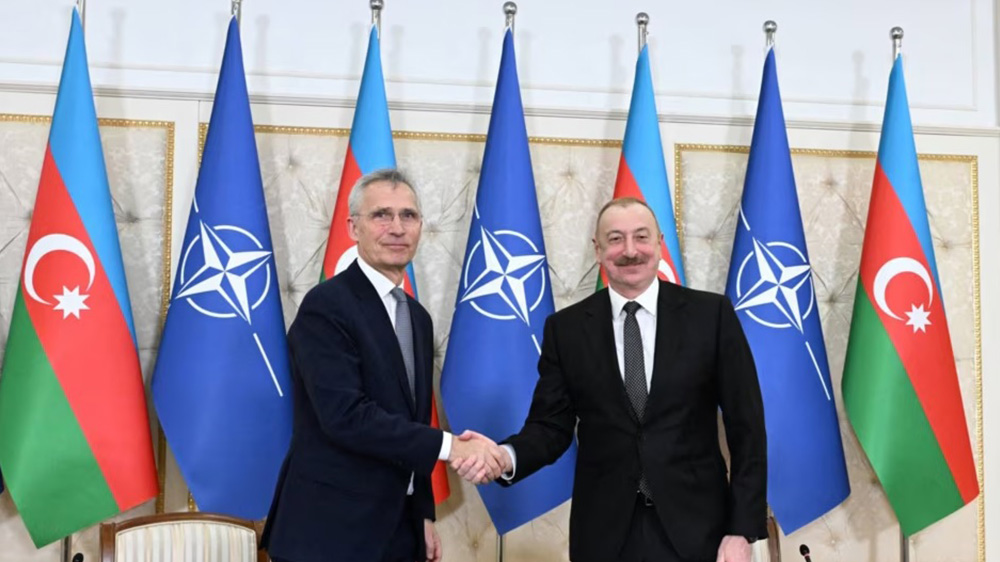
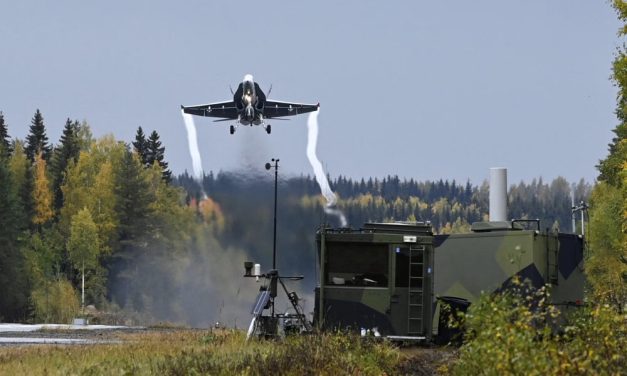
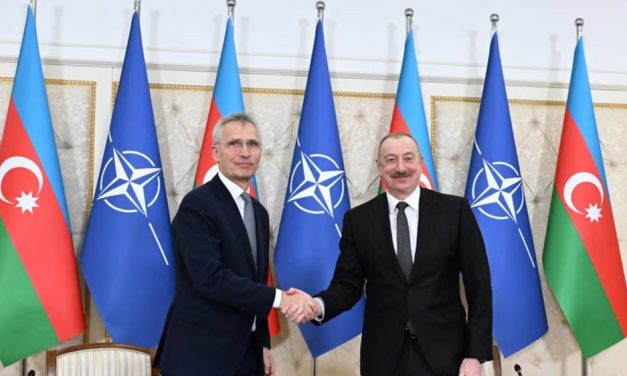
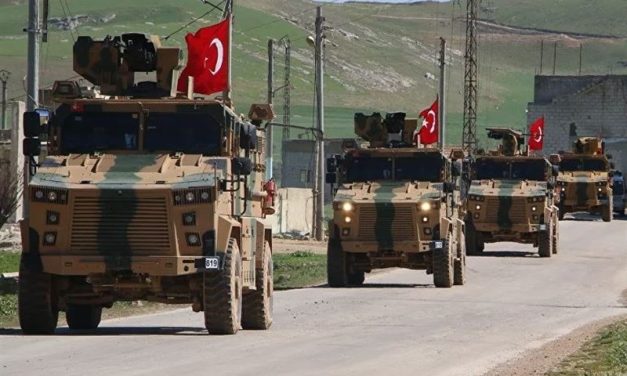
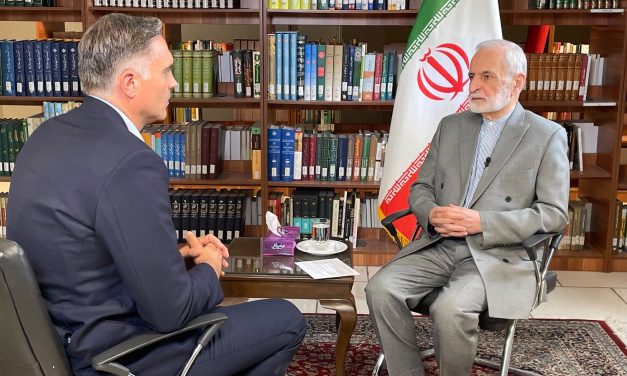
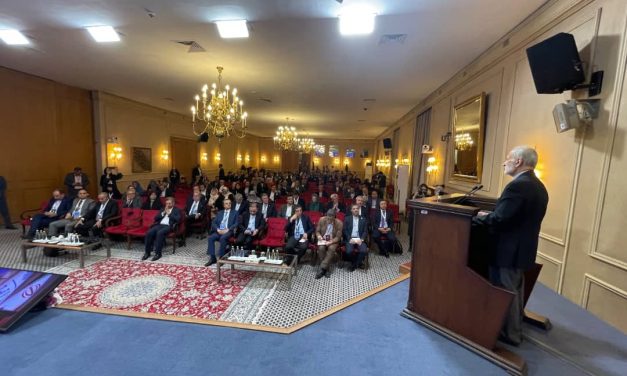
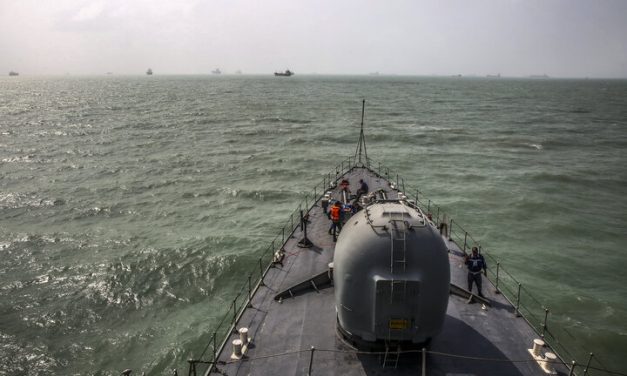

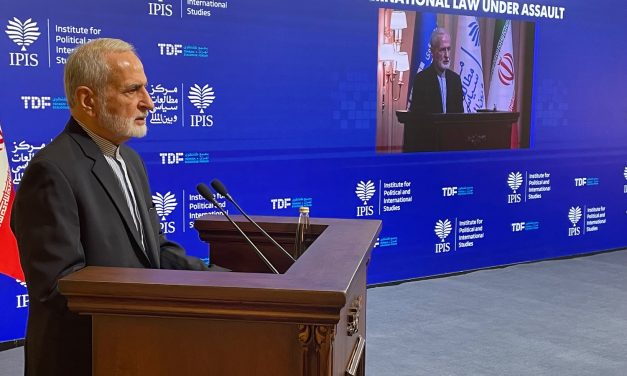

0 Comments